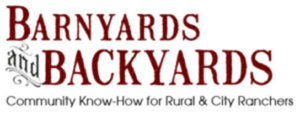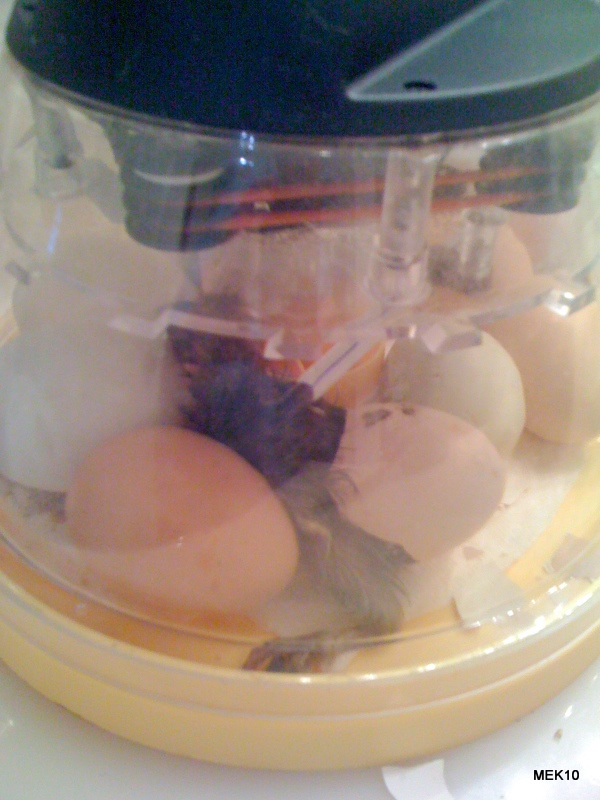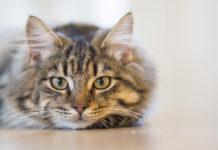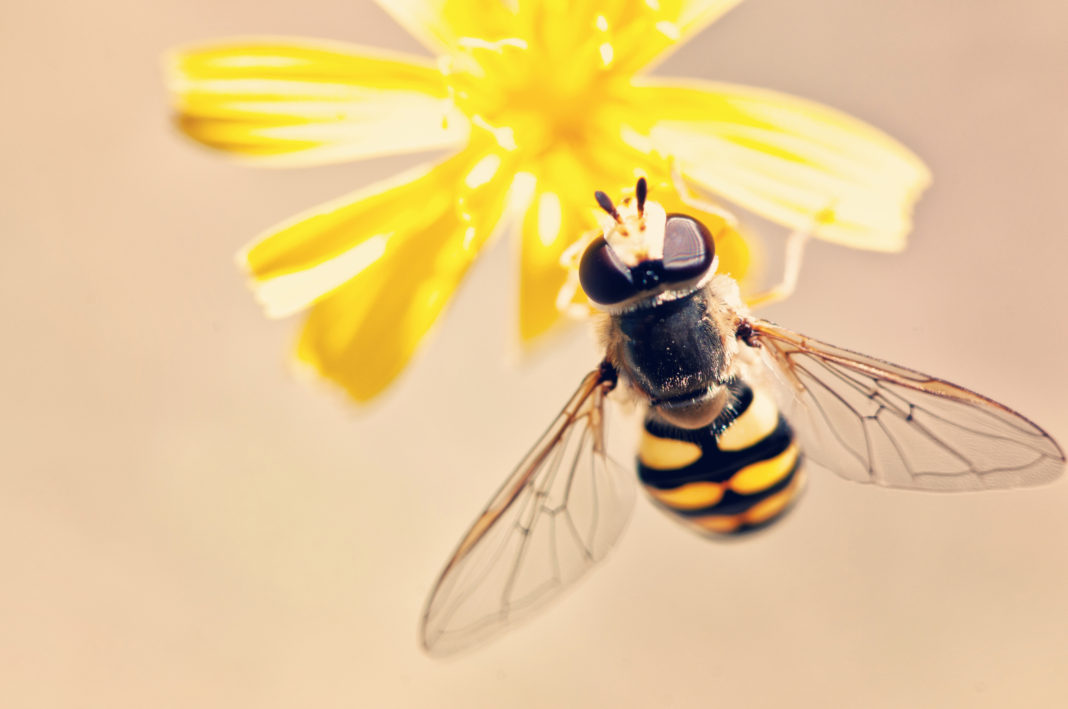Twenty years ago, if anyone had ever told me I would become a beekeeper, I would’ve told them they were crazy. This is the woman who would pull the car over, crossing 3 lanes of traffic, to escape one lone bee who had found his or her way into my vehicle–nevermind playing with a whole hive full of them! Granted, the lone bee in the car was likely the more aggressive yellow jacket or wasp rather than a tame honeybee but, while I could admire the beekeeper, I didn’t aspire to bee one (lol!). Somehow, He has had other plans for me…
My first stirring interest in beekeeping came about when I read “Wild Swan” by Celeste DeBlasis. Both the lead character of the book, Alexandria Carrington Falconer, and her grandmother, Virginia Thaine, are beekeepers and I was enchanted by their “telling the bees” of any family events. Apparently, the tradition is that if you want to keep your bees from deserting the hive, you have to keep them up-to-date on the most important of family events: births, deaths, marriages and leave-takings. You have to knock on the hive then turn it 3 times and tell them the news. Since reading this story (more times than I can count!), my interest piqueing with each re-read, I have also come across other pieces of literature with beekeepers as part of the cast. But I didn’t seriously start pursuing it until 2007.
In 2007 I took Apollo Herbs (N.Kingstown, RI) herbal apprentice workshop with Michael Ford and Joanne Pacheco. The workshop met one weekend each month from April until December. It was the best and most absorbing class I have ever taken and, one of the fringe benefits was that Joanne had just completed the Rhode Island Beekeepers’ Association’s “Bee School”. Her family rented or leased some of their land to another beekeeper and one weekend this gentleman gave a lecture and demonstration on beekeeping with Joanne as his apprentice. It was fascinating! The following spring I, too, signed up for “Bee School”.
So, there I was every Wednesday night for 5 weeks’ straight with over 50 other students, listening to individuals from the bee association extol the virtues and wonder of beekeeping. I was surprised to see so many people there; we filled a whole college lecture room and there was another class of equal size in South County being given simultaneously. The future beekeepers came from every walk of life: young, old, children with their parents, black, white, Asian, Hispanic, farmers and city folks. And I was enjoying it! How did that happen? What happened to the cringing fear everytime I heard that ominous “buzz”?
Granted, there are many virtues to raising honeybees, or Apis mellifera (Mike Ford was a stickler about Latin names!). The most important is the recent reports of Colony Collapse. Another “wonder” I received from Apollo Herbs’ class was learning about revered herbalist, Juliette de Bairacli Levy (who also recommended “telling it to the bees”…). We watched “Juliette of the Herbs” in one of the workshops and I later purchased a copy of the DVD for myself. She states in the film that “as long as the bee can live, Man can live…but the bees are dying!” Bees are one of our primary pollinators. Without them, we would all starve. It’s scary to think that so many colonies are dying. I’ve heard many theories: global warming, cellphone towers messing with their radar, excessive use of chemicals, etc., as to why the colonies are collapsing. I wonder if it isn’t a little bit of each, overwhelming the poor creatures. I encourage everyone with the interest and the means to take up this wonderful hobby and help bring the bees back from possible extinction.
Bees give us many gifts besides the pollination of crops. In herb class, we learned to make salves using beeswax for our foundation. Since graduating from the class I have also started making my own lip balms. A future endeavor is to make candles and other items from it as well. It can get pretty expensive trying to purchase enough beeswax from other beekeepers to support an inventory for my home-based business. So, keeping my overhead down is an added bonus. And, of course, the honey is the sweetest reason–both literally and figuratively speaking. I love honey in my tea, it’s great for candied pecans and mead is a smooth spirit for the palate. Honey also makes a nice cough elixir and some people make soap from it. Health food stores carry propolis and royal jelly but I agree with Juliette in letting the bees keep that for themselves…
In Bee School, we learned about some of the industries associated with beekeeping. Did you know some orchards actually hire beekeepers to bring their hives into their orchards to pollinate them? And there are some beekeepers who raise, primarily, queens to sell to other beekeepers. We learned about the different diseases that can afflict honeybees–albeit with chemical solutions–and more practical things like assembling hive boxes, when to add another “super”, what to do about swarms and how to prevent them, etc.
But, as I learned more about this extraordinary world, it was the honey bee, itself, that won my affection. They are fascinating creatures. Once I started learning about them, my fear dissipated and I would spend hours just watching them in my friend’s herb garden. I had volunteered to help him weed one day but I was more often than not paused in my observations. It’s amazing they can even fly with all the pollen they collect on their legs! And never once did I get stung even when I “zoomed in” for a closer look at their industry. They seemed to know I was harmless. They are hard workers. The old expression, “busy as a bee” is apt. The worker bees, who are all female, by the way, collect pollen, build honeycomb, fill the cells with honey, feed, groom and pamper the queen, cool the hive with their wings, protect the hive from intruders and perform a host of other functions as well. There are only a small number of drones (males). They are there for one, single moment of glory–to impregnate the queen, who lays approximately 10,000 eggs per day. Once they’ve impregnated her, they die. (This fact drew quite a few snickers in Bee School…lol!)
It was during only my second class that my heart was truly captured. The instructor showed a documentary depicting life in the hive. One scene showed a newly-hatched honeybee eating her way out of her cell. By some advanced technological sound equipment, the director of the film was able to capture the sounds inside this hive. The newly-hatched worker hadn’t quite gotten her “buzz” yet. Instead she was emitting the most charming little “beep” as she devoured the wax covering. Moments later, this fuzzy, little, yellow creature made her debut and tottered around, trying to find her “legs”. She was so helpless and harmless that the decision to become a beekeeper was made. Any residual fear left in me was finally eradicated by this winsome creature–until the day I released my first box of bees into the hive. But that is another story for another day…










Beautiful! I really enjoyed reading this!
I really enjoyed reading your blog post and the way you write is captivating as if you’re just talking to your neighbor. Love it and I hope you will be successful in your endeavor as a beekeeper and good luck. Keep us posted on how you’re doing. Thank you for sharing this to us. 🙂
This is fun! I want to get bees someday as well and it’s nice to have a perspective of a newbie that is like me Thank you
That was awsome. Thanks for sharing!! 🙂
Very interesting story. Looking forward to Part II….
I love bees and loved your story–and this informative site!